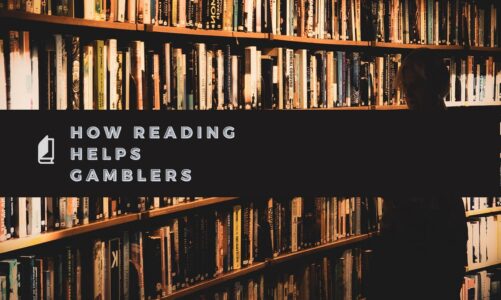“I want to be an astronaut or a writer!” little children dream. Only a few manage to get close to space stations, but almost everyone tries their hand at writing. Usually, the interest in writing appears in middle school, matures in high school, and if you feel that it is “yours,” then it is a lifelong occupation. And publishing your own book is still synonymous with success. We tried to figure out whether this is true or not.
After the release of your first book, your life will not change in any way. This is the most important myth that needs to be dispelled. Crowds of fans won’t gather outside your house and no one will sing songs of praise. The first book is a writer’s crash test.
In addition, be prepared that not every reader will see the idea that you so painstakingly put into your “firstborn”. I confess that this fact disappointed me the most. “Captive to Pain” is a tragic story about the fact that each of us is a victim of circumstances, imposed life scenarios, parental ambitions… And the violence and blood that first caught the reader’s eye are just the background against which this drama unfolds. So I would recommend to all new writers not to forget that we are all different. Be prepared for different interpretations of your book.
A few tips from the publisher
A book is a special, energetic product. Therefore, at the stage of editing, layout, and layout, it is important to listen to the advice of specialists who know how to avoid pitfalls. When you choose a publisher and they agree to publish your work, trust them. For example, disputes often arise over the design of the binding. Remember, in addition to “I see it this way” and “I want it this way,” there is an internal logic to the publication, especially if it is published in a series, as well as the market with its marketing rules.
The success of the book depends on your media activity. Storytelling is in full swing nowadays, so create a story about yourself and your writing. To do this, study your target audience, define once again: who is the reader of your book, what is he like. This will help you understand what your messages and distribution channels should be. The publisher is your partner who can advise and support you in this, but it is a mistake to expect them to focus all their efforts on you.
The first book is great. You are making a statement about yourself, constructing your writing image. But if you are serious about continuing to write, choose a segment of literature and write one or two more books for its audience. In this way, you will secure a place for yourself, say, among teenage writers, form a reader community around your publications and better understand its characteristics and needs.

Advice from an anonymous well-known writer for SYLVIAPLATH.DE
- Treat writing as a profession – responsibly and with an understanding of why you want to do it. Not everyone will like what you have written, but at least you need to be honest with yourself, otherwise why do it at all?
- The text can perfectly convey emotions. A writer without empathy for his or her characters is a real grief for the reader. Of course, you shouldn’t bring yourself to panic attacks, but at least occasionally try on what you write about.
- You’ll have to edit a lot and listen to criticism, too. You will also have to make some concessions at all stages of your work. Don’t worry, if you really want to develop and know your text well, you will understand what is worth giving up and what is not.
- No rush. If you want to create something really good, you will have to put the text aside for a while and re-read it with a “fresh head”. And more than once. Read other people’s texts on the Internet “for prevention” that the authors were too lazy to re-read: believe me, the feeling of burning shame adds to sobriety.
- There are no bad genres, only not very good authors. Your worldview is a more or less guaranteed guarantee that your book will not be closed on the second page.
And don’t get stuck: you will never write good fiction if you read only fiction.



